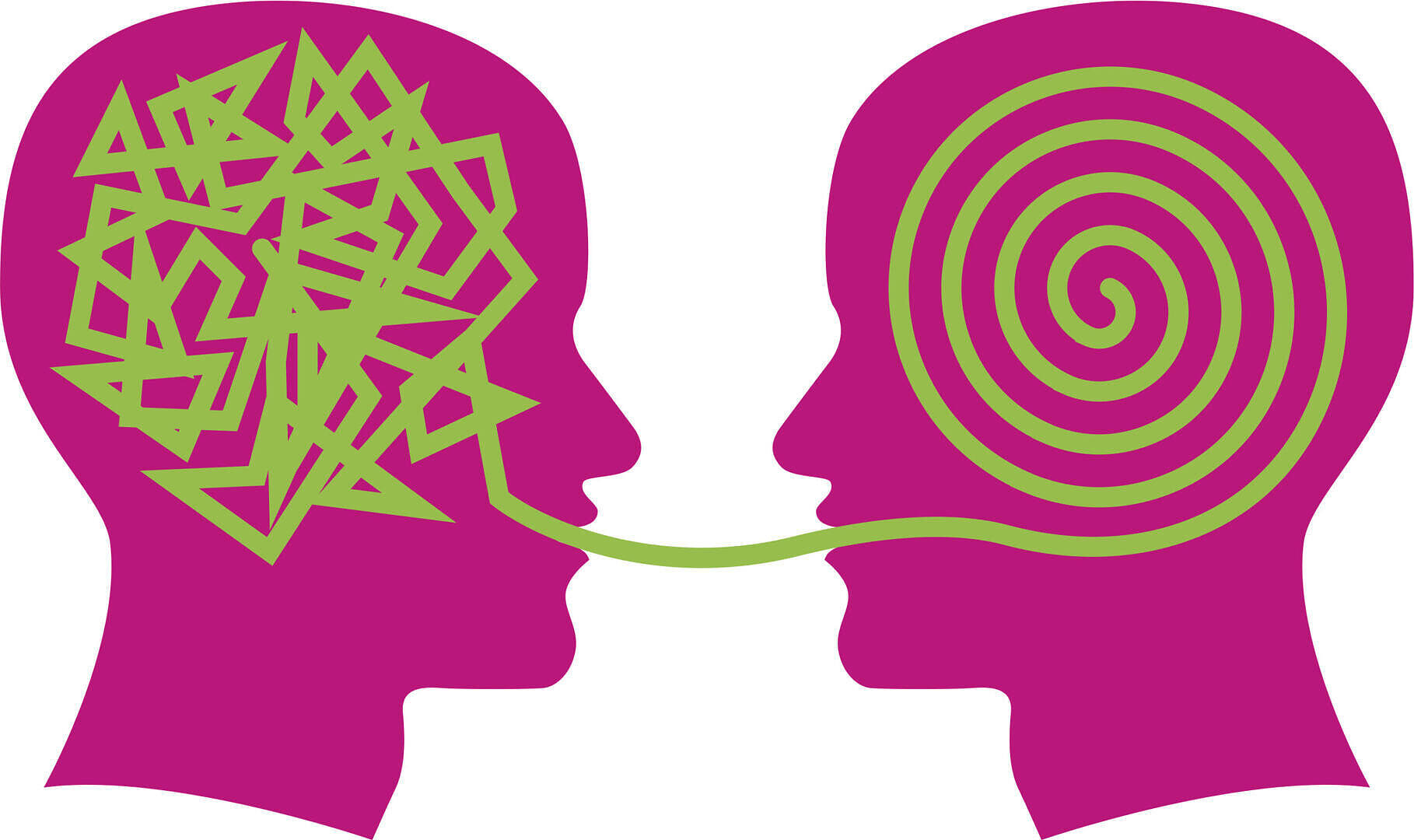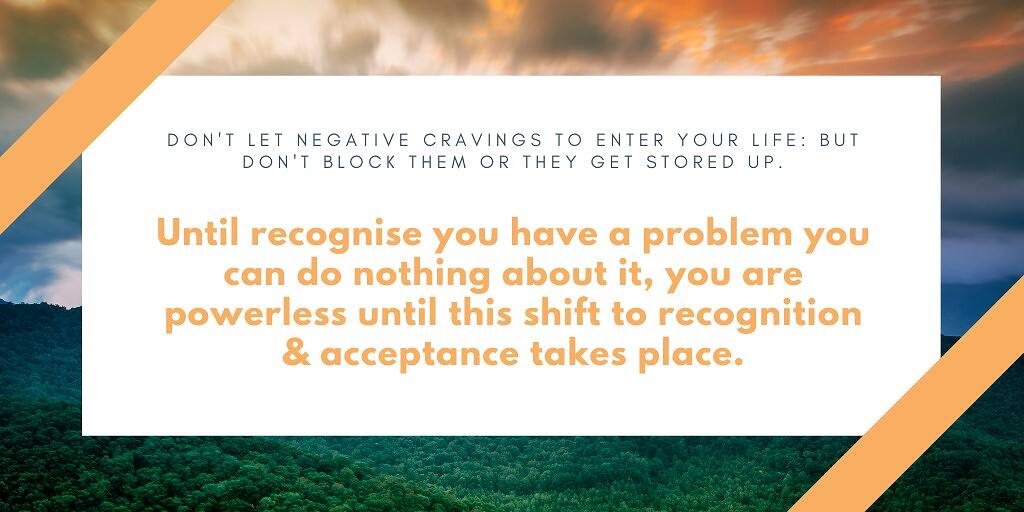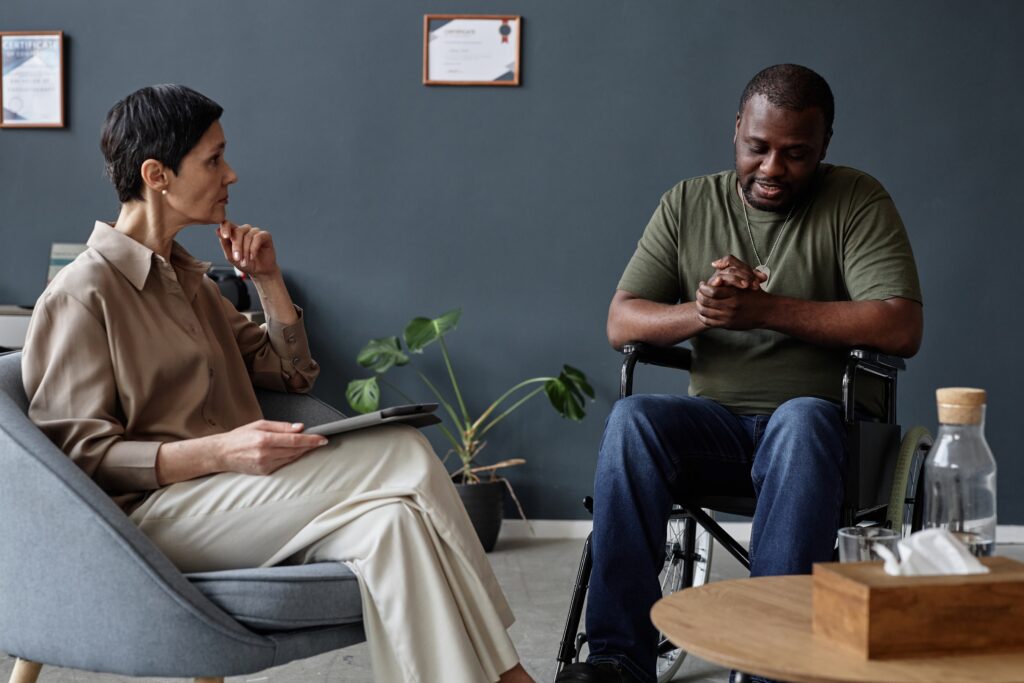Therapy has grown and evolved a great deal since the days of Freud having patients lay on a couch and talk about their mothers. As a side note, he did that because people actually made him uncomfortable, and he did not want them looking at him, or vice versa. More research has gone into what makes effective therapy and what works for specific issues and struggles. One type of therapy that has been shown to be consistently effective with all manner of issues from depression and anxiety to substance abuse is cognitive behavioural therapy (CBT).

Cognitive behavioural therapy helps people address problematic thoughts and feelings to overcome addiction
Cognitive behavioural therapy focuses on how a person thinks and evaluates the world. It identifies what is healthy and helpful, and what is distorted and unhealthy. Using CBT, addiction counsellors and patients are able to identify the problem areas and try to replace harmful thoughts with more accurate, and helpful ones.
What’s behind our thoughts
CBT is based on how a person thinks and views the world. A person has thoughts and beliefs that are set in from the time they are a toddler about the world. These beliefs provide the framework for how someone views the world, people and the events around them.
Think about it with this example. Let’s say you are sitting in a restaurant, having a nice meal with your family. A waiter walking by trips and dumps a pitcher of water on you. What is your reaction? Are you laughing at the absurdity of it? Are you furious at him and the restaurant for hiring incompetent staff? Or perhaps one of the hundreds of other responses? Now think, why was it one response and not any of the others?
That is the heart of cognitive behavioural therapy. It understands what thoughts happen before emotion takes place. There are specific evaluations that all of us make with every event that tells us how to think and feel about it. In the example above, a person with a tendency to view the world as the dark and gloomy place might focus on how upsetting this was, and be upset and devastated over this.
How Does Cognitive Behavioral Therapy Work?
Essentially the formula is that there is an event which then makes us have a thought that evaluates said event. This thought then guides us to have a specific emotion. The emotion then causes us to react and do something. It flows event >thought>feeling>action.
Most people will be saying to themselves right now that they don’t have any thoughts before they feel something; it just happens. This is not true. The thoughts, however, happen faster than the blink of an eye, so no one notices them. They have been so ingrained in us that they just habit now.
What most likely happened was that growing up, we learned certain things about the world. Now, these may not have been direct lessons. This could be what we observed in our parents, siblings, or those around us. Or it could have been us learning a lesson we weren’t really meant to like if we got yelled at every time we tried to stand up against the stove, we might have taken that as discouraging our independence rather than watch out for hot things. These internal rules or beliefs became cemented in our minds by the time we were five most likely, and stick with us to this day.
The beliefs are usually very vague and general interpretations of the world, how people should act, and what is right and wrong. They can be things like the world is scary, and people are not to be trusted. Or it could be that we have to take what we want because no one will watch out for us. Another example might be that our families are safe for us, and we can trust them.
Now imagine again what the world may seem like to someone, for example, who feels the world is dangerous, and people will hurt you. Every encounter is tinged with danger or suspicion. That is what likely leads to nervousness and potentially anxiety-based disorders. This whole framework of unconscious rules is how we live our lives and manage ourselves and our relationships with other people.

How are our thoughts unhealthy?
First, let’s clear one thing up. Our thoughts are not wrong. They were things learned when we were toddlers still, and very likely made perfect sense at the time and for the situation. If having a tantrum got us a cookie growing up, then having a fit and fighting when we don’t get our way in a marriage is likely what will still happen. It’s not wrong; it’s just what we learned years ago.
It is, however, unhelpful, and at times unhealthy. Thoughts become unhealthy or unhelpful when they no longer match with the reality around us. If they are interfering with our lives and relationships, then they become unhelpful.
When an addicted person understands why they feel or act a certain way — and how those feelings and actions lead to substance use — they are better equipped to overcome their addiction
When a person’s thoughts start to diverge from reality, then they are called cognitive distortions. This means that what we are experiencing does not match the reality of the situation. Most of the time, it’s us exaggerating how bad something is, how traumatic, or how painful. It’s also called catastrophizing. Making things out to be worse than they are is a fairly common distortion.
Another common type of distortion comes in the form of “shoulds.” We all have beliefs about how things “should” be. These are our own expectations. This does not, however, necessarily mean that reality will conform to our wishes or beliefs. What happens when the world does not work our way can bring stress and upset.
Similar to “shoulds” are the “musts.” People must behave a certain way. If I am a good person, then I must do this. Things like “musts” and “shoulds” are chains that bind us to specific outcomes that are not necessarily true or logical.
Black and white thinking is another type of cognitive distortion. It involves having two polar opposite absolute answers for any evaluation. A person is either good or evil. Or an activity is either completely difficult or completely easy. There is no middle ground or shades of grey. This becomes a problem when the world, as it usually is, has more variance and grey in it than black and white. There is no nuance or middle ground for people who think in a black and white way.
If you or someone you love is concerned about their substance use, reach out for help now.
Cognitive Behavioral Therapy and Addiction Treatment
First, working with a trained addictions therapist will help. They will work with you to slow down when you feel something. They will take you through step by step what thoughts you are having and where they feel familiar. While this won’t be talking a lot about growing up, there will be connections made as you try to learn what rules you live by, and where they came from.
Understanding these belief systems is the starting point. Then you will have to figure out how they impact how you act, and more importantly, how the addiction started. It’s one thing to know what the rules are, and it becomes something different to see how the rules guide and shape how you act. Conversely, you get to imagine and understand how others begin to perceive your own behaviour, and why they act the way they do.
Once thoughts are known, and cognitive distortions identified, like, “I’ll never be able to be sober,” quite the catastrophizing there, then they can be argued and replaced. This process takes time, but research shows it works. It just takes time because it is a habit that you have been doing your whole life.
Part of cognitive behavioural therapy is like being a scientist. You will train in arguing against these automatic thoughts. You will work to find those times when they were incorrect. Or just use simple logic to teach yourself that it cannot only be black or white, but many, many different answers. You will get to argue and come up with more accurate and helpful thoughts that will slowly replace those automatic ones. You will practice telling yourself that you can be sober, or you deserve to be sober, as often these thoughts are based around negative self-concepts.
What are the skills for managing triggers?
- Recognise which circumstances lead to drinking or taking drugs
- Avoid and remove yourself from trigger situations whenever possible
- Use CBT techniques to allay thoughts and emotions that lead to drinking or taking drugs
Also part of CBT is practice. There will be a lot of work on the part of the client. Now, homework is to be expected in addiction treatment, but CBT offers a lot more so that you can practice your new thoughts, as well as new behaviours. In learning new ways to think, you will also learn new ways to act and be in relationships with others. This will involve a lot of feedback, education and role play, but it will help reinforce the new thoughts and the new you.
Therapy is almost necessary to help overcome addiction. The support and change that it provides are instrumental. Using cognitive behavioural therapy, a therapist can help you uncover what thoughts have been guiding your actions and causing your feelings. These can be changed with the right support. You do not need to continue the cycle of addiction, pain, and shame. If you or someone you love is concerned about their substance use, reach out for help now. Therapy and treatment do work.
Call Detox Plus UK for addiction help, advice and treatment options on 02072052734



